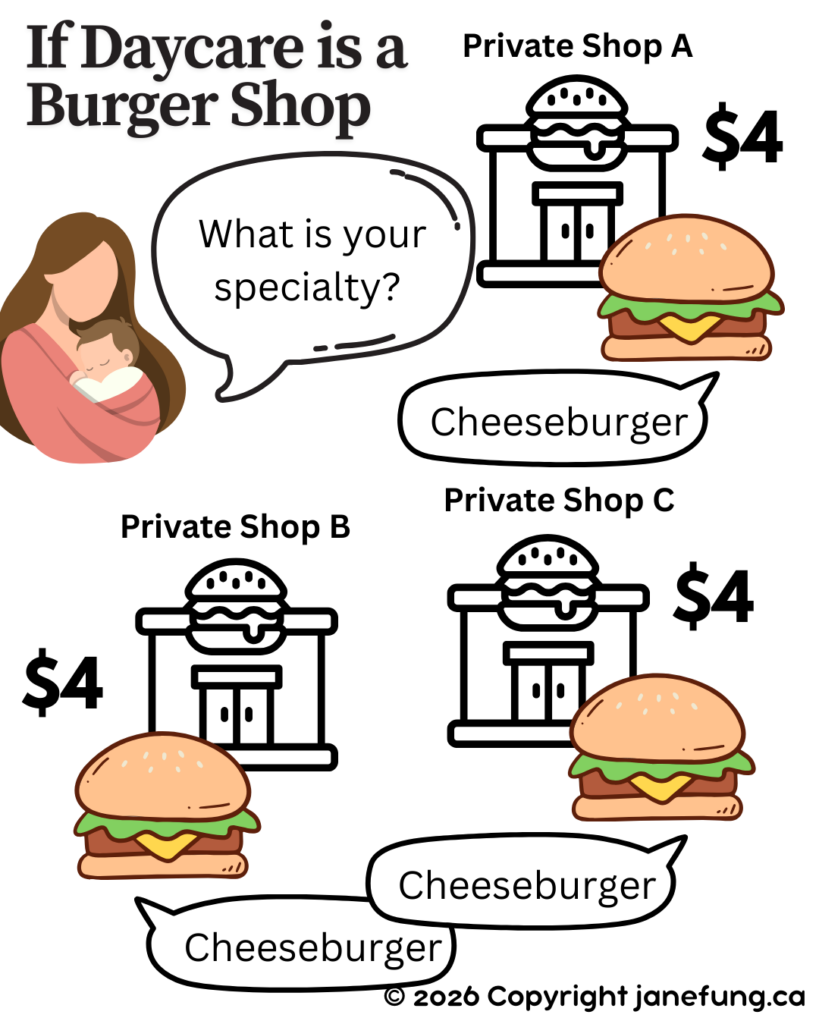Should I Put My Rental Properties in an Incorporation or Personal Name?
Many years ago when I purchased my first rental property, I debated if I should own the rental property in a corporation or under personal name. I hired an accountant who charged me $3000 ten years ago to create a corporation for me to hold the rental property. Fast forward 10 years later, I have finally formed my own opinion on owning rental property using corporation and personal name. There are also another option which is called bare trust. However, I have not experience that so I would not have much comment on it. You should also consult your lawyers and accountants for this topic as well.
The decision to own a rental property using a corporation or personal name depends on several factors, including legal and tax implications, liability protection, and personal preferences. Here are some pros and cons of each option to help you make an informed decision:
Owning a Rental Property Through a Personal Name
Pros:
Lower costs: Owning a rental property in your personal name is relatively easy and inexpensive to set up, with minimal legal and administrative requirements.
Greater flexibility: You have more control over the property and can make decisions without having to consult with others.
Tax benefits: You can deduct expenses related to the rental property from your personal income tax, which can reduce your taxable income.
Accounting: Lower accounting fee as less administrative tasks.
Mortgage: You would be able to enjoy lower mortgage rate as a residential mortgage.
Cons:
Personal liability: You are personally liable for any lawsuits or damages related to the rental property, which can put your personal assets at risk.
Lack of privacy: If you own the rental property in your personal name, your name and address will be on public record, which may compromise your privacy.
Limited business advantages: Owning a rental property in your personal name may not provide the same level of professionalism or credibility as owning it through a corporation.
Mortgage: There might be a limit of how many properties you can own under personal name and this differs from banks to banks. In addition, all these mortgages would show up as liability in the credit report which might affect your lending power.
Owning a Rental Property Through a Corporation
Pros:
Liability protection: A corporation can limit personal liability for any lawsuits or damages related to the rental property.
Tax benefits: Corporations can deduct expenses related to the rental property, such as mortgage interest, property taxes, repairs, and maintenance, which can reduce the taxable income.
Business advantages: Owning a rental property through a corporation can provide a more professional image and can help establish a separate identity for the property.
Mortgage: Owning property inside a corporation allows you to not have the loan show up in your personal credit report. You might be able to borrow more than what your personal income could be able to sustain if the investment property is performing very well.
Cons:
Higher costs: Setting up a corporation can be expensive and time-consuming, including legal fees and ongoing administrative costs. There are lots of ways to setup a corporation. The typical paths would be to hire an accountant and lawyer. Good accountants and lawyers can give setup a very good corporation for you. However, from my experience, creating a corporation on your own might be sufficient for our purposes which is to hold a property. There are numerous website on how to create corporation. One website that I used the most is eCore.
Limited flexibility: Corporations are subject to strict regulations and requirements, and owners may have limited control over the property.
Double taxation: Corporations are subject to corporate tax rates, and if the corporation pays dividends to shareholders, the dividends are taxed again at the individual level.
Accounting: The accounting fees would be higher because there are more administrative and bookkeeping tasks for an incorporation.
Mortgage: You might have higher interest rate for a mortgage if the property is owned under a corporation as you might need to use a commercial mortgage. In addition for commercial mortgage, you need to show Financial statements, lease agreements and have the property fully leased. Also, the bank would charge you money to review your financial statement each year in order continue to lend money to your corporation. The bank would charge anywhere from $1000 to $3000 or higher for this annual review.
The ultimate question is: Should you create a corporation to hold a rental property or not?
Should you create a corporation to hold a rental property or not?
In my opinion, if you plan to buy 1 or 2 properties, I would just hold them under personal name which will remove a lot of unnecessary costs. If you do plan to have a properties empire, you can consider the following format: Owning all the smaller properties under one corporation and the larger properties in separate corporations on their own. Larger properties might have higher chances of legal issues and the accounting might be more complex, having it separated out from the rest of the pool would create ease and also separation of liability.
Ultimately, the decision to own a rental property through a corporation or personal name depends on your individual circumstances and goals. It is recommended that you consult with a legal and financial professional to determine the best option for you.



.png)
.png)







